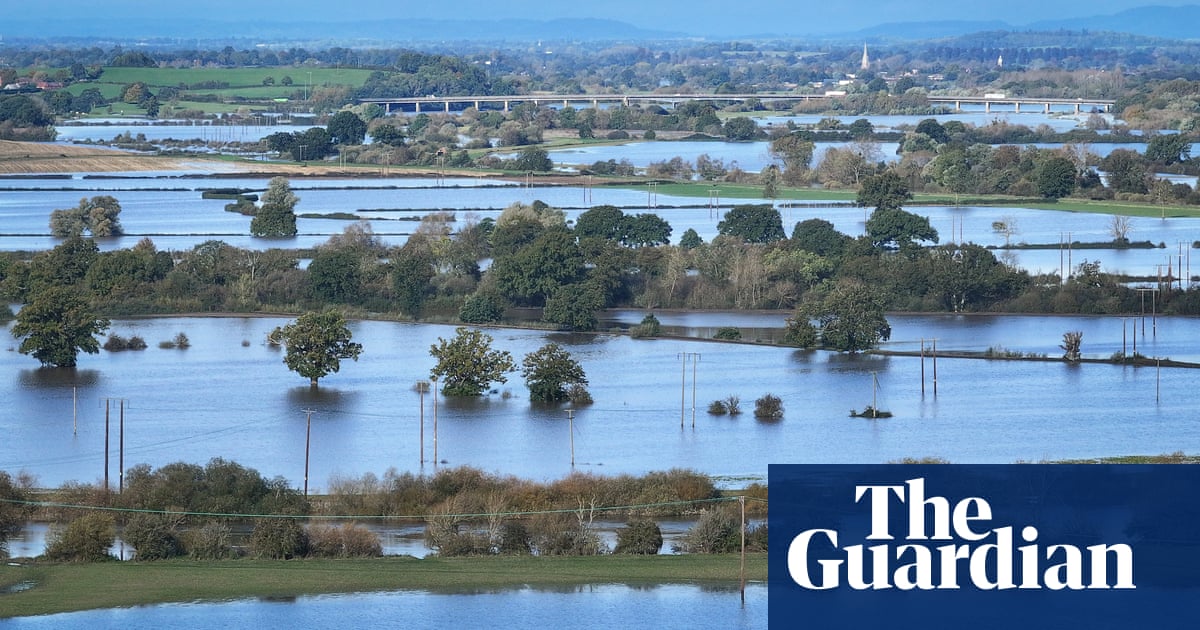
Wet wipes which contain plastic are forming “islands” across the UK after being flushed, with rivers changing shape after the products pile up on their banks, MPs have heard as legislation aiming to ban their sale had its first reading in the House of Commons.
Labour MP Fleur Anderson’s plastics (wet wipes) bill would prohibit the manufacture and sale of wet wipes containing plastic if it was to pass through parliament and receive royal assent.
However, as a private member’s bill it is unlikely to become law without government support, although Downing Street has signalled it is committed to ending “the throwaway culture”.
During the first reading, MPs were told the UK needs to ban wet wipes which contain plastic because the scale of the problem caused by flushing them “is so big, so damaging and increasing so fast”.
They also heard that marine animals are dying, while Britons might be eating a “credit card’s worth of plastic” due to microplastic shards from the discarded hygiene products.
“As a mother of four children I have used a lot of wet wipes and I completely understand the pressures that parents are under and how useful wet wipes are,” Anderson said.
“I know that parents also want to do the right thing for the environment.”
But she added that 90% of the 11bn wet wipes used in the UK each year contain some form of plastic which, when broken down, turn into microplastics which can be ingested by wildlife and enter the food chain and water supply.
She added that the problem was growing, with the Great British Beach Clean reportedly seeing an increase from 1.7 wet wipes per average 100m of beach to 18 wet wipes between 2005 and 2020.
Anderson told the Commons: “When these plastics enter our local marine environment and water systems in such large volumes the damage is absolutely devastating. Globally, 100 million animals die each year from plastic waste alone.”
She also cited data from the World Wildlife Fund, which suggested people eat about five grams of plastic a week, which she described as “literally eating a credit card’s worth of plastic every week”, claiming wet wipes were a “huge cause of this”.
The MP told of a recent visit to the Thames where huge piles of wet wipes on the riverbanks had changed how it flowed, and even described seeing a “wet wipe island” in the river.
Brands such as Holland & Barrett and the Body Shop had already committed to selling only plastic-free wipes, which are usually made with bamboo or other plant fibres, Anderson said.
She said a “greater scale of production” of plastic-free wipes could be encouraged by the ban, making the alternative cheaper.
“We need legislation because the scale of the problem is so big, so damaging and increasing so fast,” said Anderson.
The bill will be considered again on Friday 19 November.
A No 10 spokesperson said the 25-year environment plan sets out “a commitment to eliminate avoidable plastic waste”.












